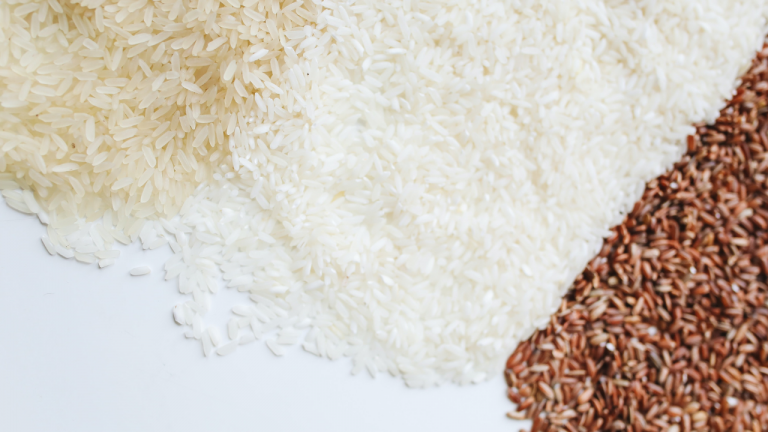Dietary Restrictions

There are several dietary restrictions that people may follow for various reasons, including medical conditions, allergies, ethical or religious beliefs, and personal preferences. Here are some common dietary restrictions:
Gluten-free diet: A gluten-free diet excludes foods that contain gluten, a protein found in wheat, barley, and rye. People with celiac disease, gluten sensitivity, or wheat allergy follow a gluten-free diet to avoid symptoms such as bloating, diarrhea, and abdominal pain.
Dairy-free diet: A dairy-free diet excludes milk and milk products, such as cheese, butter, and yogurt. People who are lactose intolerant or have a milk allergy follow a dairy-free diet.
Vegetarian diet: A vegetarian diet excludes meat, poultry, and seafood. Vegetarians may consume eggs and dairy products, depending on their preferences.
Vegan diet: A vegan diet excludes all animal products, including meat, poultry, seafood, eggs, dairy products, and honey. Vegans may also avoid products that are tested on animals or contain animal-derived ingredients.
Kosher diet: A kosher diet follows Jewish dietary laws and restricts certain foods, such as pork, shellfish, and meat and dairy products consumed together.
Halal diet: A halal diet follows Islamic dietary laws and restricts certain foods, such as pork and alcohol.
It’s important to consult with a healthcare professional or registered dietitian before making any significant changes to your diet to ensure that you are meeting your nutritional needs and maintaining good health.



